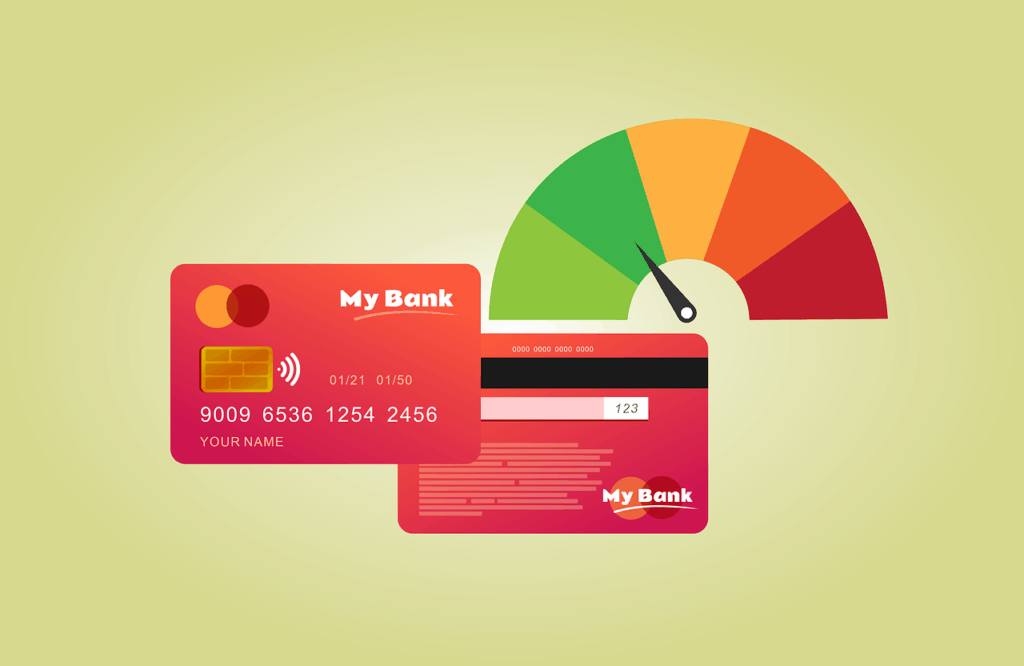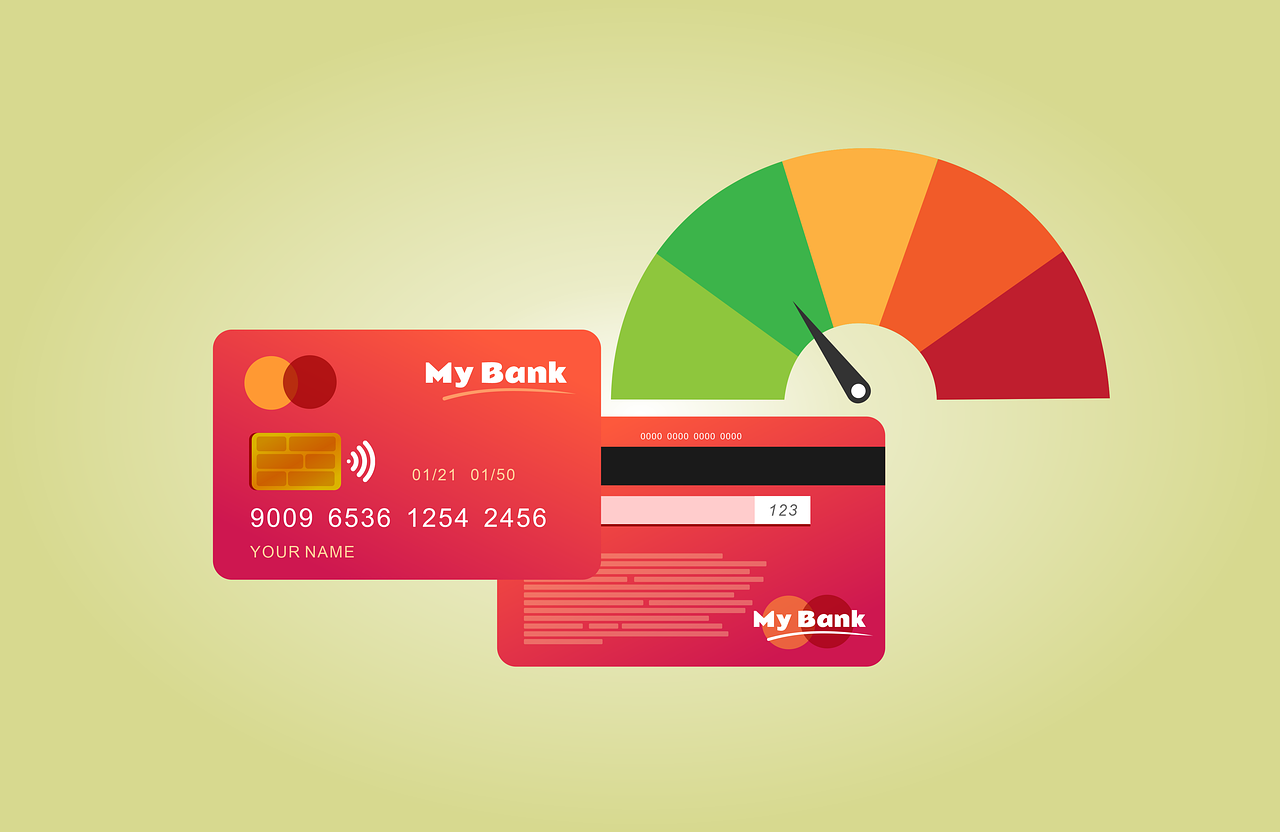Learn what a credit score is, how it works, and why it matters in 2025.
If you’ve ever tried to apply for a loan, a credit card, or even rent an apartment, you’ve probably heard the term “credit score.” But what exactly is it, and why do people say it’s so important?
In simple terms, a credit score is like a financial “trust rating.” It tells lenders how likely you are to repay money they lend you. The higher your score, the more trustworthy you appear — and the easier it becomes to access better financial opportunities.

What Is a Credit Score?
A credit score is a three-digit number (usually between 300 and 850) that reflects your financial habits. It’s calculated from your credit history — meaning how you’ve managed loans, credit cards, and other debts in the past.
- Excellent: 800–850
- Very Good: 740–799
- Good: 670–739
- Fair: 580–669
- Poor: 300–579
Your score acts as a shortcut for lenders. They don’t have time to read your entire financial history, so they use this single number to decide things like:
- Can you be trusted to repay a loan?
- How much interest should you pay?
- Should they increase your credit limit?
Even insurance companies, landlords, and some employers use credit reports as part of background checks today.
Why Credit Scores Matter So Much
A good credit score is more powerful than many people realize. It doesn’t just affect loan approvals — it impacts your financial freedom.
Here’s how:
- Loan & Credit Card Approvals
Lenders look at your score first. A strong score means faster approvals and better offers. - Interest Rates
The difference between a 4% and a 10% interest rate can mean thousands of dollars over time. Example:- John (Score 780) → Approved for a 4% car loan.
- Lisa (Score 620) → Approved at 10%.
Over 5 years, Lisa pays over $3,000 more just because of her score.
- Housing & Rentals
Many landlords and property managers check credit reports to gauge reliability. - Employment
Certain employers, especially in finance or government, check credit reports before hiring. - Utility Deposits
A strong credit score can even save you from paying deposits for phone, internet, or electricity services.
How Credit Scores Are Calculated
Credit scores are built from several key factors. The most common scoring model in the U.S. is FICO Score, which breaks down like this:
- Payment History (35%) – Do you pay your bills on time?
- Credit Utilization (30%) – How much of your available credit are you using?
- Length of Credit History (15%) – How long have you had your accounts open?
- Credit Mix (10%) – Do you have a variety of accounts (credit cards, loans, mortgage)?
- New Credit (10%) – Have you applied for many new accounts recently?
👉 Pro Tip: The two biggest factors (65% combined) are on-time payments and low utilization.
Even if you do nothing else, mastering these two can transform your score.
How to Check Your Credit Score
You can check your credit score in several ways:
- Credit card companies – Many provide free monthly credit score updates.
- Free credit report websites – Sites like AnnualCreditReport.com allow U.S. consumers to get a free report once a year.
- Financial apps – Apps like Credit Karma and NerdWallet show free scores and tips.
Checking your score regularly helps you catch identity theft or reporting errors early.
Simple Ways to Improve Your Credit Score
- Pay Bills on Time
Even one missed payment can lower your score. Setting up automatic payments can help. - Keep Credit Utilization Low
If your credit limit is $5,000, try not to use more than $1,500 (30%). - Don’t Apply for Too Much New Credit
Each application adds a “hard inquiry,” which can temporarily reduce your score. - Keep Old Accounts Open
The longer your credit history, the better. Don’t close old cards unnecessarily. - Diversify Your Credit
Having a mix of credit cards, car loans, or student loans can help build a stronger score.
Example: Building Credit as a Student
Let’s meet Emma, a college student who wants to start building credit responsibly.
- She applies for a student credit card with a $500 limit.
- She uses it to pay for small expenses like coffee and books — about $100 monthly.
- She always pays her bill in full and on time.
- Within a year, her score grows to 720 — good enough to qualify for her first car loan at a favorable rate.
That’s the magic of consistent habits — small actions, big results.
Rebuilding a Damaged Credit Score
Maybe you’ve missed payments or maxed out cards — don’t worry, recovery is possible.
Step 1: Stop the bleeding.
Catch up on overdue payments immediately.
Step 2: Negotiate with lenders.
Some may remove late marks if you set up a payment plan.
Step 3: Use a secured credit card.
Deposit $200–$500, spend small amounts, and pay on time. These rebuild trust quickly.
Step 4: Monitor your score monthly.
Seeing small improvements keeps you motivated.
Example:
Brian had a score of 540 after losing his job. He started using a secured card, paid everything on time, and reduced his debt. After one year, his score climbed to 690, allowing him to refinance his car loan at a much lower rate.
Common Myths About Credit Scores (Don’t Fall for These!)
- Myth 1: Checking your credit score hurts your credit.
✅ False. Checking your own score is a “soft inquiry” and does not affect your score. - Myth 2: You need to carry a balance to build credit.
✅ False. Paying your card in full shows responsible use and improves your score. - Myth 3: Closing old credit cards always helps.
✅ False. Closing cards can reduce your available credit and shorten your history.
Advanced Tips: Taking Your Credit to the Next Level
If you already have decent credit (above 680), here’s how to elevate it:
- Ask for a credit limit increase.
This lowers utilization without opening a new card. - Become an authorized user.
Joining a family member’s long-standing card (with good payment history) can give your score a boost. - Use credit strategically.
Keep balances under 10% and pay off mid-cycle, not just at statement time. - Track your score like your weight.
A monthly check keeps you accountable and informed.
Frequently Asked Questions (FAQ)
Q1: What’s the difference between a credit report and a credit score?
A report shows all your accounts and payment history. The score is the numerical summary.
Q2: How often should I check my score?
At least once every few months, or monthly if you’re rebuilding.
Q3: Can I fix bad credit?
Yes! With time, discipline, and on-time payments, you can rebuild your score completely.
Q4: What’s a good starting goal?
Aim for 700+ — it’s the threshold for favorable interest rates and credit approvals.
Q5: Are credit repair companies legit?
Some are, but many charge unnecessary fees. You can repair credit yourself using free resources like the Consumer Financial Protection Bureau (CFPB).
Final Thoughts: Take Control of Your Financial Story
Your credit score isn’t just a number — it’s a reflection of your financial habits and trustworthiness.
Think of it as your passport to financial freedom.
Start small:
- Pay every bill on time.
- Keep balances low.
- Check your score regularly.
Over time, those habits will unlock better loans, lower interest rates, and even peace of mind. Whether you’re buying your first car, renting your first apartment, or preparing for a mortgage — a strong credit score makes all the difference.
Remember: the best time to start building credit was yesterday.
The second-best time is today.
Useful Resources
- AnnualCreditReport.com – Free yearly credit report (U.S.)
- FICO – Learn how scores are calculated
- Consumer Financial Protection Bureau (CFPB) – Official financial advice from U.S. regulators
